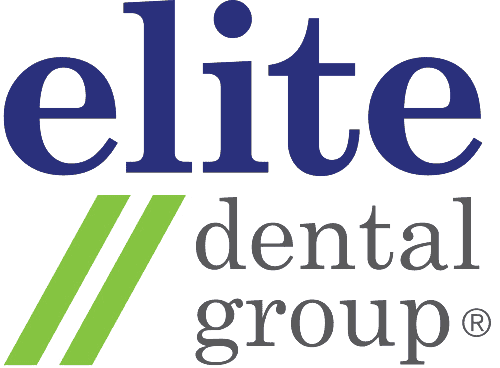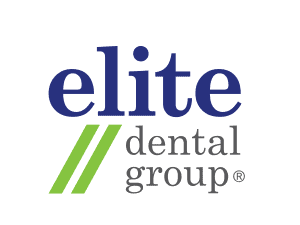If you have dental anxiety that is severe enough to be classified as a phobia, it is very difficult to overcome this without professional help.
Working with a psychotherapist together with the help of your dentist to identify the underlying triggers is the best way to manage dental phobia.
Some patients may be able to overcome their phobia enough to receive routine dental treatment, while others may require medication to allow them to cope with their anxiety surrounding dentistry. Dental phobia may coexist with other anxiety or mood disorders that require professional management.
Dentally-anxious or phobic patients often require longer treatment sessions for treatment to be completed. Complex dentistry may require sedatives be used in conjunction to allow high quality dentistry to be performed even in very anxious patients.





